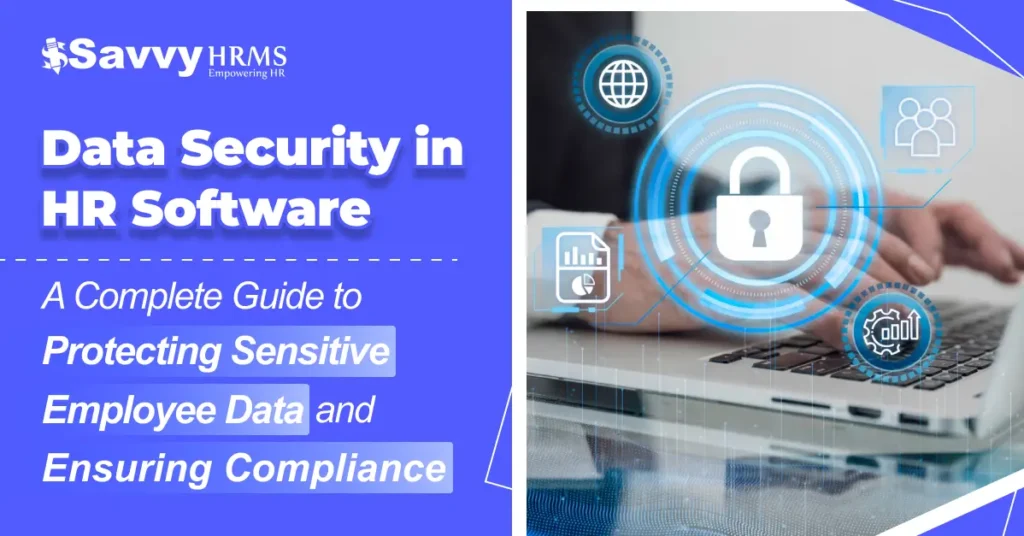The current business challenges are enormous & competition has become incredibly fierce lately. Today, customers expect even more from businesses. And businesses need to do even more to meet those expectations! In some ways, businesses simply haven’t got a choice and need to use Customer Relationship Management (CRM).
It becomes impossibly difficult to build loyalty, improve sales & improve service without it! So, let’s examine the breadth, importance, and practical uses of Customer Relationship Management in contemporary business.
What is Customer Relationship Management?
Essentially, Customer Relationship Management is the process of engaging with and managing interactions with current and potential customers. In some ways, you are always managing relationships/interactions. When communicating with potential customers. Using tools, data, and strategies to inform your own customers. To build and strengthen those relationships.
Above all, a CRM system ensures that you do not lose leads or leave customers feeling neglected.
What is the Significance of Customer Relationship Management?
Now let’s talk about Customer Relationship Management (CRM) in more detail.
1. Increases Customer Satisfaction
Most importantly, CRM allows your customers to feel valued. With personalized communication, quicker responses, and better service.
2. Increases Sales and Revenue
Thus, businesses will have more leads converted, resulting in improved revenue.
3. Increases Customer Retention
Through regular engagement and feedback.
4. Organises Information in One Location
This makes it easy for the various teams – sales, marketing, support, etc.
5. Allows for Contact Marketing
CRM tools will allow your business to create audience definitions and targeted marketing. As a result, your promotions will be very relevant to the customers. Giving you much better chances for success in hr solution.
Types of Customer Relationship Management
1. Operational CRM
Operational CRM will ensure processes are smoother and products and services are delivered better.
2. Analytical CRM
To provide better customer service in the future by using this knowledge of what customers like and use.
3. Collaborative CRM
It allows departments and customers to talk with each other. Collaborative CRM will help improve teamwork.
The Benefits of Customer Relationship Management Tools
There are no arguments as to the benefits of Customer Relationship Management tools.
1. Better Communication
CRM means there will be communication happy whether it is emails or calls. Live chats, which can be tracked.
2. Time-Efficiency and Savings
A CRM system will automate repetitive tasks and reminders, such as following up.
3. Understanding your Customer
Become more acquainted with your customer. That can help you find out what they like, need, or want from your business.
4. Better Decision-Making
You can make good decisions based on data. That will encourage business leaders to make better choices. For business planning and development.
5. Sharing and Consistency Across Teams
CRM means that if there are three people in customer communications. They will have access to the same overall view of the customer. Another individual won’t provide information about a task that the individual has just completed. Or if it’s a misunderstanding.
Challenges of Customer Relationship Management
There are many positive aspects to Customer Relationship Management.
- High Cost of Set-up: There is some expense that is incurred when you set up certain systems.
- Employee Training Requirements: Users need to be trained to use CRM.
- Data Protection: They need to find ways to protect sensitive information.
- Over-reliance on Automation: Automation can be useful. But it can also replace any human elements in the process.
Nonetheless, many of these challenges can be addressed quite simply with planning and the right equipment.
Best Practices of Customer Relationship Management
- Select the Correct CRM Software – Select software that is appropriate to the company’s size & goals.
- Maintain Clean Data – A good habit is to regularly clean up/customer records and check for any updates.
- Train your groups – Ensure the groups that will use data are trained on how to use the system.
- Get the feedback of customers – Seek out feedback to assist in providing better service.
If you adopt these recommendations. You will really benefit from your investment in CRM.
Conclusion
In conclusion, Customer Relationship Management is at the heart of business success in today’s world. Not only does it increase efficiency in running a business. A combination worth investing in the long run. While there might be some bumps in the road while implementing this business practice. The benefits are endless.
Whether you’re at the beginning of a startup or working to expand an established brand, focusing on CRM lets you focus on your future. So, today’s the day to embark on this project to manage customer relationships in ways you have never done.
FAQs
Q1: What is the primary purpose of the Customer Relationship Management system?
- Customer interactions
- Building strong, long-term relationships.
Q2: Who should implement a CRM system?
Any size of business with customer interaction.
Q3: Are CRM systems just for sales teams?
No. CRM certainly helps sales teams. The other teams can benefit from CRM systems for enhancing decision-making.
Q4: Are CRM systems costly?
Totally depending on your business needs.
Q5: CRM can improve customer satisfaction?
Sure. CRM builds personal communications, responds faster, and enhances customer experience in performance management software.




